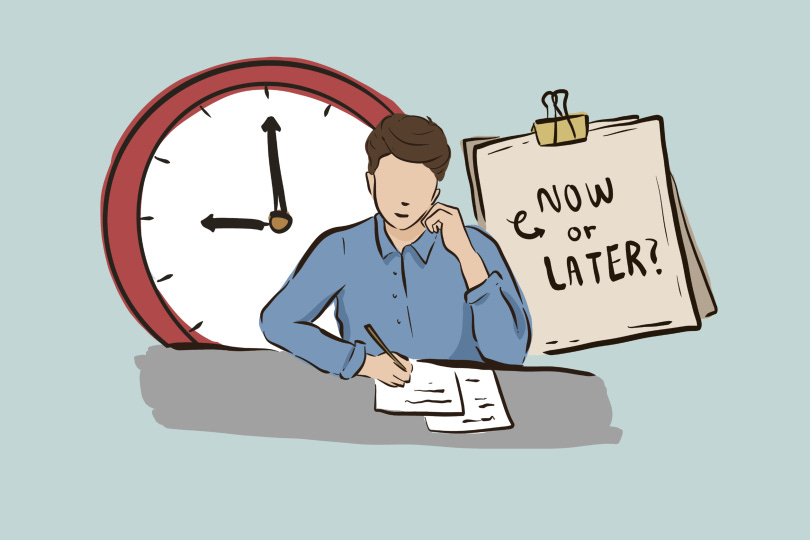Hey Friends
We’ve all been there—staring at a to-do list that only seems to grow, feeling the weight of unfinished tasks, and promising ourselves, “I’ll start tomorrow.”
But tomorrow rarely comes.
Procrastination isn’t just a productivity killer—it’s a silent thief of our potential.
So, how do you break the cycle?
Let me share a quick story.
A few years ago, I was stuck on a big project.
Every morning, I’d sit down at my desk, determined to make progress.
But instead, I’d check emails, scroll social media, and convince myself I needed “just a little more research.”
Days turned into weeks.
The project didn’t move.
My stress grew.
One morning, I decided to try something different.
I told myself: “Just write for 10 minutes. No pressure, no perfection.”
I set a timer, blocked out distractions, and started typing.
Ten minutes turned into thirty.
By the end of the week, I’d finished the first draft.
The momentum was everything.
Lesson: Action beats anxiety. Starting small breaks the cycle.
Here’s a practical playbook to help you get unstuck and start taking action today.
1. Understand Why You Procrastinate
Procrastination isn’t laziness. It’s often a response to fear, overwhelm, or perfectionism.
Ask yourself:
Am I afraid of failing?
Is the task unclear or too big?
Am I waiting for the “perfect” moment?
Awareness is the first step to change.
2. Break Tasks into Bite-Sized Pieces
Big tasks are intimidating.
Shrink them.
Instead of “Write the report,” start with “Outline the introduction.”
Small wins build momentum.
3. Use the 2-Minute Rule
If a task takes less than two minutes, do it now.
This simple rule, popularized by productivity experts, helps you tackle the little things that pile up and drain mental energy.
4. Set a Timer and Sprint
Commit to working on a task for just 10 minutes.
Set a timer, remove distractions, and go.
You’ll be surprised how often you want to keep going once you’ve started.
5. Design Your Environment for Action
Your surroundings matter.
Put your phone in another room.
Clear your workspace.
Make it easier to start—and harder to get distracted.
6. Build Accountability
Tell someone what you’re working on.
Share your goal publicly, or find an accountability partner.
A little external pressure goes a long way.
7. Celebrate Progress, Not Perfection
Progress beats perfection every time.
Reward yourself for showing up and moving forward, even if it’s messy or imperfect.
The Bottom Line
Procrastination is a habit—and like any habit, it can be broken.
Start small.
Take action.
Repeat.
The future belongs to the doers, not the dreamers.
Stay curious, stay relentless,
If this helped you, share it with a friend who needs a push—or reply and let me know what works for you!


